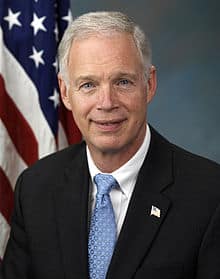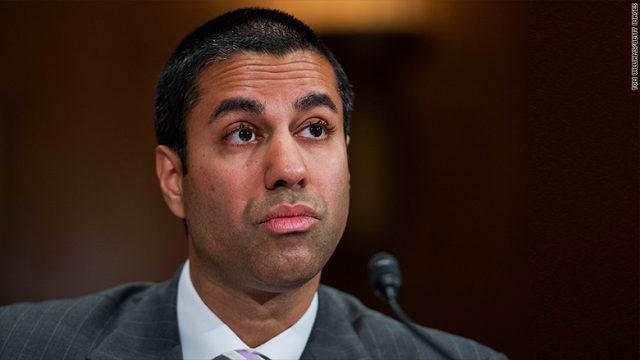Sen. Ron Johnson (R-Wis.) is in favor of banishing Net Neutrality and allowing service providers to sell paid broadband fast lanes, claiming some uses of the internet are more important than others.
Speaking alongside FCC Chairman Ajit Pai on a live interview with WTMJ Radio in Milwaukee with no guests in opposition, Johnson claimed unless cable and telephone companies are given additional economic incentives to risk capital, broadband service improvements will be slow in coming.
Johnson added ISPs should be allowed to adopt paid prioritization.
“You might need a fast lane within that pipeline so that [medical] diagnoses can be transmitted instantaneously [and] not [be] held up by maybe a movie streaming,” Johnson said.
“I want everyone to have what I call digital opportunity, and to do that you need to have a regulatory framework that gives all of these companies — satellite, wireless, fiber — a strong incentive to invest,” added Pai.
“As a businessperson, you need the economic incentive to risk your capital and the minute you have government regulation it reduces the certainty in terms of what you can get from return on investment, you are going to invest less,” argued Johnson. “We’re seeing that right now because of what [former FCC] Chairman Wheeler did.”
Pai argued that outdated FCC rules were also responsible for reducing broadband investment, particularly rules that require phone companies to continue maintaining their existing wireline network to provide universal access to telephone service.
Pai characterized Net Neutrality as government control of the internet.
“Do you want the government deciding how the internet is run?” Pai said, noting he favors “light touch” regulation where private companies manage their own businesses with targeted enforcement action by the FCC. “In 2015, on a party line vote, the FCC went the other way and put the government, rather than the private sector, at the center of how the internet operates.”
By getting rid of the Obama Administration’s Net Neutrality policies, Pai believes that will return the U.S. to an era of where cable and phone companies invest in their networks and expand rural broadband.
“As Chairman Pai said, Net Neutrality is a slogan,” added Johnson. “What you really want is an expansion of high-speed broadband. In order to do that, you have to create the incentives for those smaller ISPs to invest and if they don’t really control their own fiber — if the government tells them exactly how they are going to use their investment — there is less incentive for them to invest so we’ll have less high-speed broadband.”
“Consumers will be worse off because of this term Net Neutrality,” Johnson said.
“We at the FCC need to be focused on investment in infrastructure,” Pai said, not Net Neutrality.


 Subscribe
Subscribe

